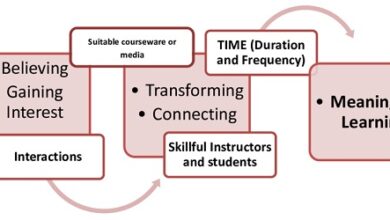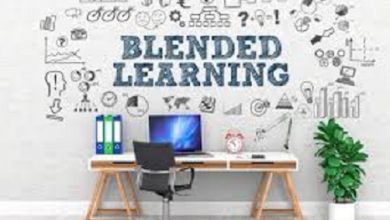Applied Linguistics
Applied Linguistics
Applied linguistics is the study of the practical applications of linguistics, or the scientific study of language, to real-world problems in fields such as education, communication, and language policy. It focuses on the ways in which language is used in various social and cultural contexts, and how it can be effectively taught, learned, and used in a variety of settings.
Englopedia.com has been created especially for the students of English Linguistics. As we all know that applied linguistics is the branch of English linguistics and is more complicated than other topics of it.
The Englopedia team studies and researched in depth to understand the topic of applied linguistics and and also noted the needs of the almost all the stakeholders especially the students, teachers, bloggers and even researchers as well. you can get every type of material by covering every dimension of applied linguistics on the single platform named Englopedia.com.
Englopedia team considers the importance of applied linguistics and continues to work on it on regular basis. Moreover we do not compromise on its content. We are quite confident not only in front of our visitors but also our competitors as well. We have original content for the said category.
Englopedia team requests to all the visitors that if they does not found the topic they urgently or normally needed to write us immediately without any hesitation and we hurriedly provide you the requested content after instant study and research. We will appreciate your courage and thirst for leaning and seeking knowledge.
Thanks and regards.
Englopedia.com
-

What is Common knowledge characteristics and examples
The concept of Common knowledge refers to ideas and notions that are acquired from people’s experience and that are generally passed…
Read More » -

Meaningful learning theory by david ausubel characteristics Contributions to education
Meaningful learning theory is a method of learning in which new acquired knowledge is related to previous knowledge. It is a way of…
Read More » -

New teaching methodologies/importance/Benefits/5 methodologies
What Are The New Teaching Methodologies? New teaching methodologies are combinations of concepts, techniques and innovative tools used for the…
Read More » -

What is game based learning/features/importance/5 examples
What Is Game Based Learning? Game based learning (GBL) is a methodology that allows the creation and use of games for didactic purposes. Obviously,…
Read More » -

Advantages of blended learning/Distance education/E-learning
What Is Blended Learning? Blended learning is a learning method that combines distance and face-to-face activities .The English term blended learning –…
Read More » -

What is inclusive education with importance principles & practices
Inclusive education According to data from UNESCO , the United Nations Educational, Scientific and Cultural Organization, almost 1 billion people in…
Read More » -
Gamification in education examples/benefits/How to gamify
The pandemic put the creativity of teachers to the test, who now face not only the challenge of digitization through…
Read More » -
How to implement technology in the classroom Tools and Strategy
It is a common assumption that the use of technology in the classroom will distract students. After all, our phones are…
Read More » -
What is integration in education and difference with inclusion and concept
Educational Integration “Integration is envisaged as a process aimed at taking into account and meeting the diversity of the needs…
Read More » -
Inductive and deductive method examples and characteristics
Inductive method The inductive method is used starting from particular cases to arrive at a general proposition . The use of inductive…
Read More »